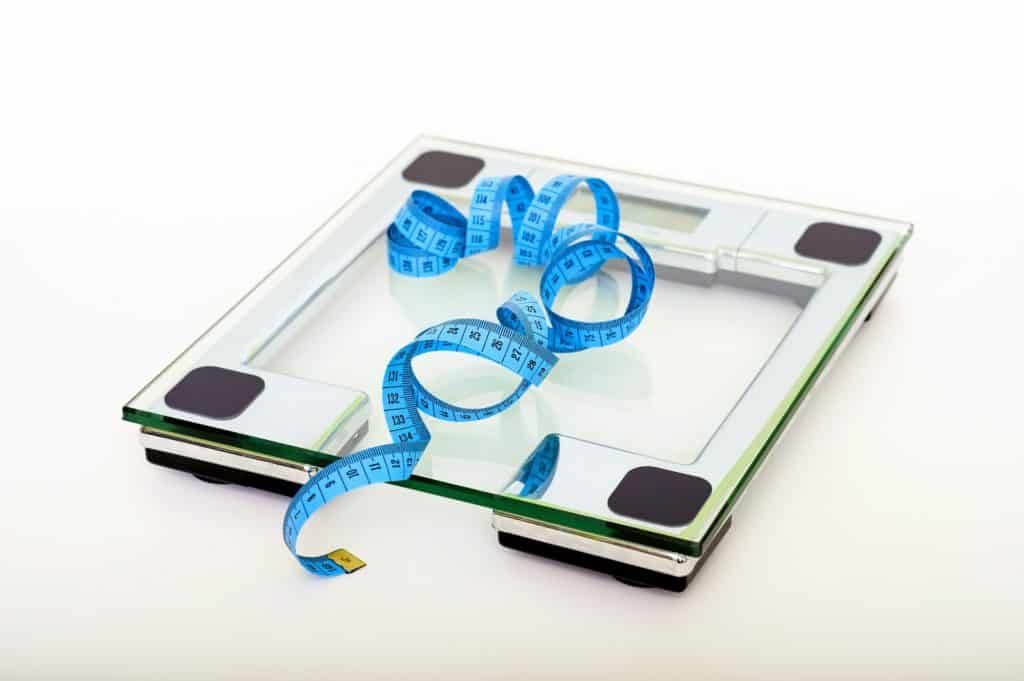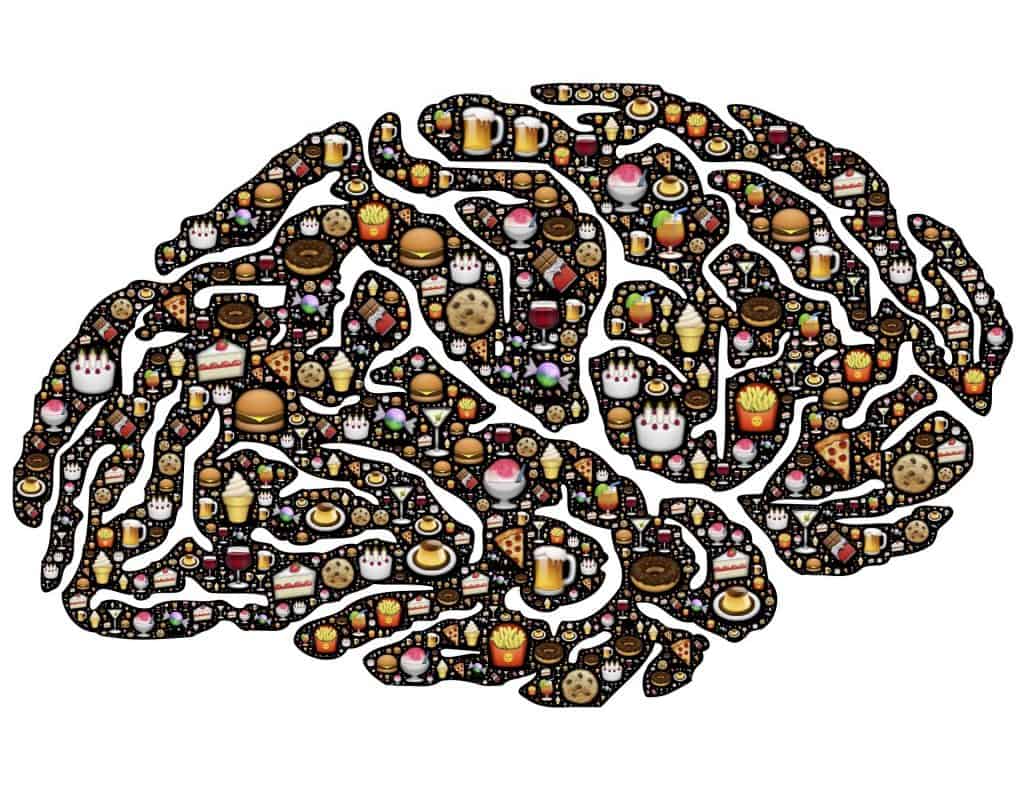In our Facebook group, I consistently am asked what to expect when starting Intermittent Fasting. Keeping in mind that this is different for everyone there is a range of physical and mental changes you can expect. In this article, I will shed some light on common challenges and benefits of adopting Intermittent Fasting. Not surprising this may differ between men and women so that will be addressed as well.

Although there are many variations to Intermittent Fasting the one I recommend for beginners is 16:8, which is an 8 hour “feast “window followed by a 16-hour “fast” window. Just like your body needs to recover from a strenuous workout or a hard day’s work with sleep, your digestive system benefits by having a complete rest. According to the Mayo Clinic, “After you eat, it takes about six to eight hours for food to pass through your stomach and small intestine.” So if we take that as a measure 16-hour fasting window there are 8 to 10 hours when the upper digestive system will be at rest. To put it another way, the typical western diet of 3 meals plus snacks only allows the digestive system to rest 2 to 5 hours each day. If we keep eating throughout the day, we never let our insulin levels get low enough for our stored fat to be used.
A common misconception is that you will make up for the missed meals and snacks by eating more during the feast cycle, consuming a similar number of calories, just at different times. While this may happen initially, my experience is that your stomach will shrink and your capacity and willingness to eat large amounts of food will diminish at the same time. This means a natural outcome of Intermittent Fasting is calorie reduction without counting calories.

Hunger cues will start to change as you become fat-adapted; burning fat first instead of carbohydrates. You will continue to have hunger pangs but they will become milder and easier to control by drinking water or coffee or tea. Your body automatically will feed itself with fat first and have a reduced reliance on carbs. For me, those hunger pangs started to feel like the natural order, and after an adjustment period are easily ignored.
The research also shows that fasting may affect women’s menstrual cycles, as women’s bodies are sensitive to calorie restriction. Fasting can affect the part of the brain that regulates hormones, causing stress. Stress elevates cortisol and in turn, your body uses progesterone to keep up, which will ultimately deplete the beneficial hormone progesterone. So extreme fasting can disrupt the reproductive cycle. Some professionals suggest a shorter fasting window to be extra safe, but then you lose most of the other benefits of intermittent fasting.
How much weight could you lose? According to a recent review of the literature, intermittent fasting can affect a range of 3% to 8% weight loss in as little as 3 weeks, although it may take up to 3 months before you stabilize. That is five to twelve pounds for a 150-pound person. Remember that results vary widely. I tell my coaching students not to focus on weight loss, and do not weigh in every day. There are so many other benefits that should be celebrated, the weight loss will come so don’t worry about it.
Studies have also shown people losing 4% to 7% of the all important waist circumference. This is all-important because this is a reduction of dangerous visceral fat or belly fat that shortens lives. That is very encouraging for those who are starting Intermittent Fasting primarily for health reasons.
Along with that belly fat loss, the A1C test for type 2 diabetes will show blood sugar heading back down into the normal range. This is due to much better insulin resistance that helps lower blood sugar levels. The studies show particular benefits for both fasting blood sugar and fasting insulin by adopting this Way of Eating.

Intermittent Fasting is the only way to accelerate autophagy, which is the state the bodies enter into where damaged cells are removed and much more. The benefits increase each hour of fasting up until 54 hours or so. Extending the autophagy process as long past the 12-hour “start” is always increasingly beneficial.
What autophagy does for your body is as follows: “provides cells with molecular building blocks and energy; clears damaged endoplasmic reticulum and peroxisomes; eliminates intracellular pathogens and enhances the immune system; helps prevent damage to healthy tissues and organs; may prevent cancer and other major illnesses; reduces inflammation by clearing damaged proteins, dead organelles, and oxidized particles to make your body function optimally; recycles damaged organelles and proteins; protects against heart disease and supports the growth of heart cells; regulates cell mitochondria that can be damaged by oxidative stress; improves cognitive function, brain structure, and neuroplasticity; other health measurements that studies have seen include lower blood pressure, healthier cholesterol and triglycerides numbers, and lower inflammatory markers”. Clearly this is a state that is extraordinarily beneficial to intensify often.
Other physical benefits include increased endurance and stamina, which is why Intermittent Fasting is embraced by an increasing number of professional and serious amateur athletes. Athletes are also enjoying the added benefits of improved motor coordination and more restful and restorative sleep by adopting this Way of Eating.
Also reported in my group are improvements or elimination in fatigue, Hashimoto’s, gall bladder disease, mood swings, PCOS, asthma, allergies, , fatigue restless leg syndrome, joint pain, acne, reactive hypoglycemia, and heartburn. That is quite a list, and I believe as I continue to run my program I will find more health improvements to report.
Briefly, there are typically psychological benefits as well in making the choice to endure some constantly diminishing discomfort to ensure you are as healthy as possible. That is a difficult barrier for many of us and once we have fully committed provide us with the knowledge we have the inner strength do what few people seem to be able to accomplish, commit to our own health knowing we will stick with it forever. This Way of Eating encourages us to evaluate how we are relating to food, particularly emotional eating cited elsewhere on this site. If we are true to the program we will put those eating habits is in the past so they don’t affect us in the future.
The next change that is reported is an increase in mental clarity. I found this myself with my early experiments with 10 then later 18 days of fasting. I suddenly had a lot more time, which was good as I am a consultant who works a lot of hours. I also noticed clearer thinking as my mind was not swayed by thoughts of my next meal or the negative effects of some food or drink that was demanding my attention. Many others have reported this as well and it is now well documented. As part of increased mental acuity, the process causes us to slow down and evaluate our eating habits. This is what could be termed mindful eating. If I am not snacking and fitting my meals into a 8-hour window I can start to really think about the nutrition of the food and drink I am consuming. This is why I highly recommend combining Intermittent Fasting with the healthiest Way of Eating on the planet, the Mediterranean Diet.

Your life will also be simplified by adopting Intermittent Fasting. Planning, cooking, getting take out, or going out to eat has a mental load that we are probably not aware of. Particularly when Intermittent Fasting is combined with the Mediterranean Diet, you will always have delicious and nutritious food to look forward to, and will not need to give nearly as much daily thought and energy to feed yourself and your family.
Part of the process of adopting Intermittent Fasting is disassociating from all of the negative aspects, body image, lack of follow-through, and how tied we are to meals. This is fairly common, my parent’s visit during my early adulthood was all built around meals. As we were finishing lunch we would have to discuss dinner and what we might have for the evening meal. We can certainly find other forms of entertainment!
That brings us to the last clear benefit. Having one or two meals a day helps people focus on having better food at each meal, as with the Mediterranean Diet. As with the Mediterranean Diet, we are also encouraged to eat slowly, which is healthier, chew our food thoroughly, which is healthier, and make a meal a nice tome to spend with friends, family, or yourself. That way food can be enjoyed while you are becoming healthier, losing belly fat, reducing your medications, and living longer.
Check out the new Where’s My Stomach Program that walks you through the process adopting both Intermittent Fasting and Mediterranean. Join us using this proven method to reach your weight and health goals.
https://www.wheresmystomach.com